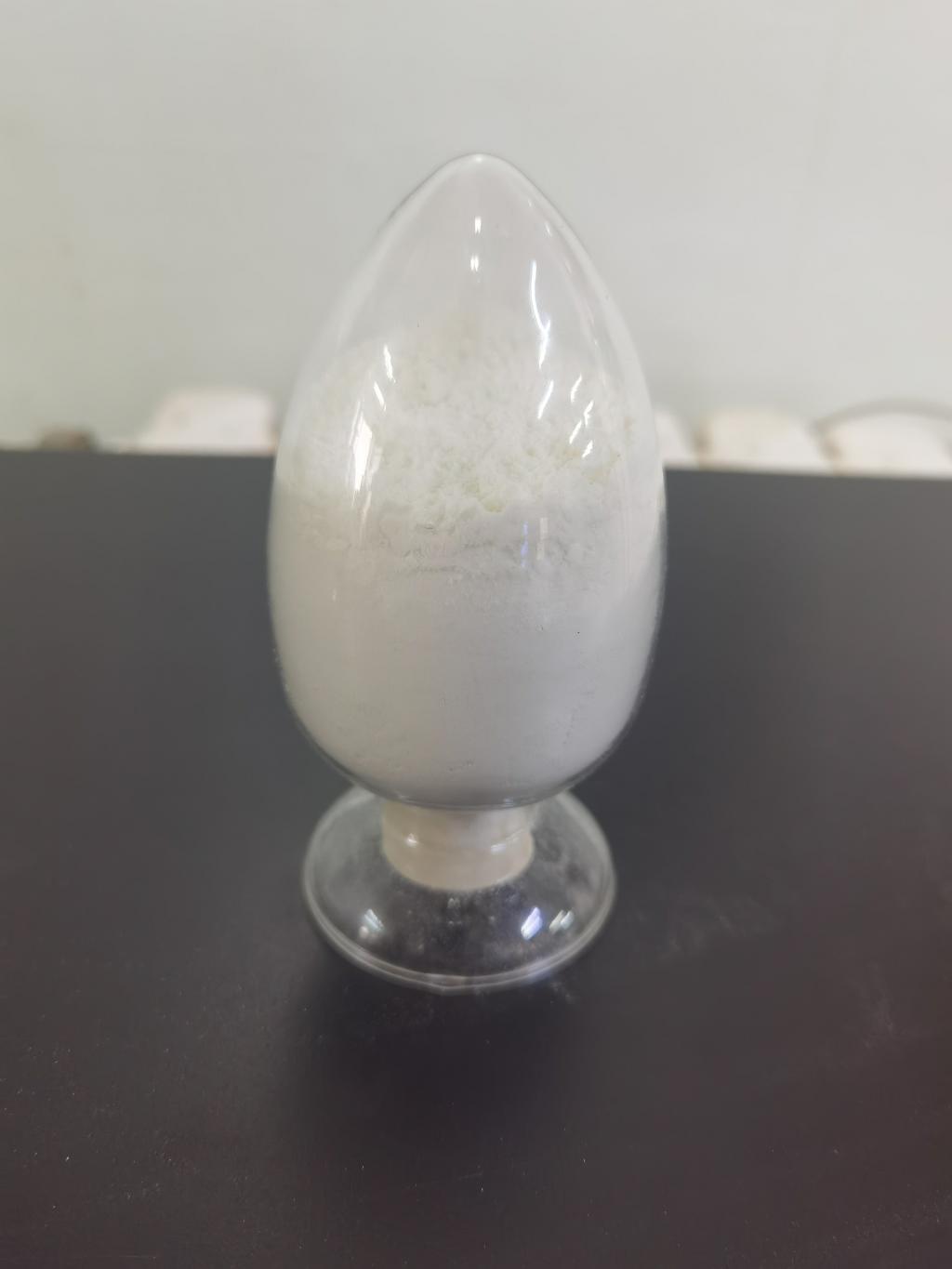Tel:+8618231198596

News
 CONTACT
CONTACT
 CONTACT
CONTACT
- Linkman:Linda Yao
- Tel: +8618231198596
- Email:linda.yao@dcpharma.cn
- Linkman:CHARLES.WANG
- Department:Overseas
- Tel: 0086 0311-85537378 0086 0311-85539701
News
ε-Polylysine hydrochloride is considered safe for human consumption and skin application.
TIME:2024-03-25
Understanding ε-Polylysine Hydrochloride: Origins and Characteristics
Derived from natural sources, ε-Polylysine hydrochloride is typically produced through fermentation processes using bacteria such as Streptomyces albulus. Its linear structure, consisting of L-lysine residues linked by ε-amino bonds, imparts a positive charge to the polymer. This positive charge is pivotal to its antimicrobial activity, enabling it to interact with microbial cell membranes and disrupt their integrity.
Safety Profile: Toxicity Studies and Assessments
Extensive toxicity studies and assessments have been conducted to evaluate the safety of ε-Polylysine hydrochloride for human consumption and skin application. These studies have consistently demonstrated the low toxicity and high safety margin of ε-Polylysine hydrochloride. In acute toxicity studies, ε-Polylysine hydrochloride showed minimal adverse effects even at high doses, indicating its low acute toxicity. Furthermore, subchronic and chronic toxicity studies have confirmed its safety for long-term consumption and application.
Regulatory Status: Approval for Food, Pharmaceuticals, and Cosmetics
ε-Polylysine hydrochloride has received regulatory approval for use in various applications, including food, pharmaceuticals, cosmetics, and personal care products. In many countries, it is approved as a food additive with Generally Recognized as Safe (GRAS) status by regulatory agencies such as the U.S. Food and Drug Administration (FDA) and the European Food Safety Authority (EFSA). Additionally, it is commonly used in pharmaceutical formulations as a preservative and in cosmetics and personal care products for its antimicrobial properties.
Applications in Food: Preserving Safety and Quality
In the food industry, ε-Polylysine hydrochloride serves as a valuable preservative to inhibit the growth of spoilage organisms and foodborne pathogens, thereby extending the shelf life of food products and maintaining their safety and quality. It is commonly used in a variety of food products, including dairy, meat, seafood, baked goods, and beverages. Its effectiveness against a broad spectrum of microorganisms makes it an indispensable tool for food manufacturers seeking to ensure product safety and integrity.
Applications in Pharmaceuticals: Ensuring Stability and Sterility
In pharmaceutical formulations, ε-Polylysine hydrochloride is employed as a preservative to prevent microbial contamination and ensure stability and sterility of drug products. Its compatibility with a wide range of pharmaceutical formulations, including oral, topical, and parenteral preparations, makes it a preferred choice for pharmaceutical manufacturers. Moreover, its safety profile and regulatory approval further support its use in pharmaceutical applications.
Applications in Cosmetics and Personal Care Products: Protecting Skin Health
In cosmetics and personal care products, ε-Polylysine hydrochloride serves as an effective antimicrobial agent to prevent microbial growth and ensure product safety and stability. It is commonly used in formulations such as creams, lotions, shampoos, and soaps, where its antimicrobial properties help protect skin health and maintain product quality. Additionally, its safety profile makes it suitable for use in products intended for sensitive skin and delicate areas.
Conclusion: ε-Polylysine Hydrochloride as a Safe and Effective Antimicrobial Agent
In conclusion, ε-Polylysine hydrochloride emerges as a safe and effective antimicrobial agent for human consumption and skin application. Extensive toxicity studies and regulatory approvals attest to its low toxicity and high safety margin. Its broad spectrum of antimicrobial activity makes it indispensable in various industries, including food, pharmaceuticals, cosmetics, and personal care products. By harnessing the power of ε-Polylysine hydrochloride, manufacturers can ensure product safety, stability, and quality, while consumers can enjoy the benefits of safe and effective antimicrobial protection.
- Tel:+8618231198596
- Whatsapp:18231198596
- Chat With Skype







